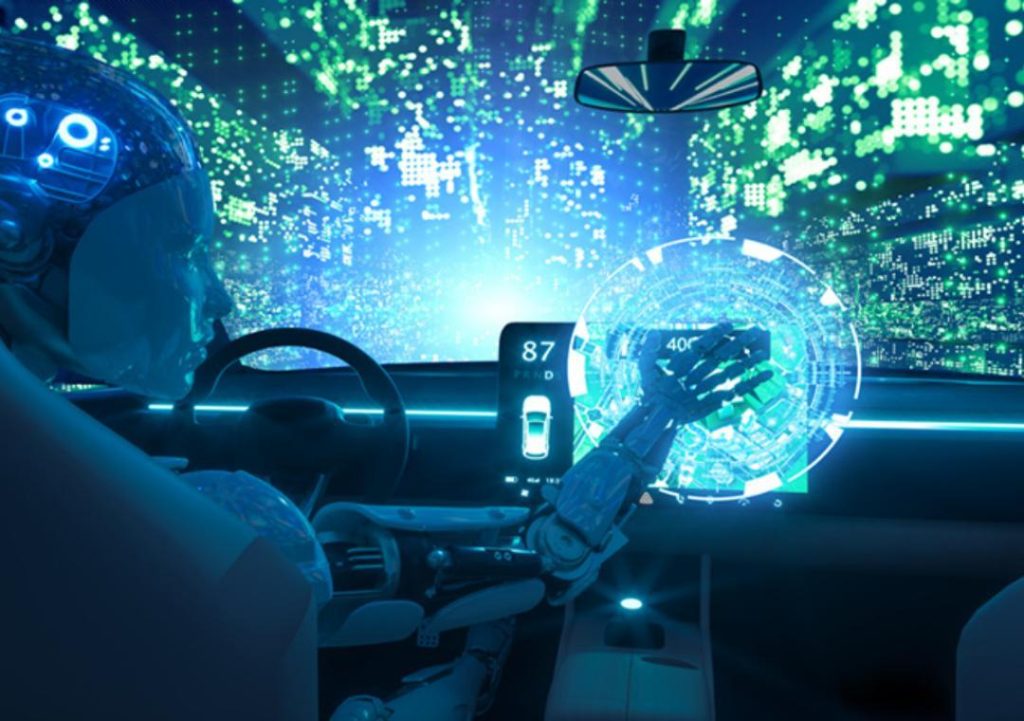
Autonomous Tech Leans on Rational Agents for Smarter Choices
In the realm of autonomous technology, rational agents are the unsung heroes. They are the intelligent decision-makers that enable self-driving cars, delivery drones, and other autonomous systems to operate efficiently, even in unpredictable environments. But what exactly are rational agents, and how do they contribute to the success of autonomous tech?
In this blog post, we’ll delve into the world of rational agents and explore how they’re revolutionizing the field of artificial intelligence (AI). We’ll examine the role of rational agents in autonomous decision-making, their benefits, and the potential applications of this technology.
What are Rational Agents?
A rational agent is an artificial intelligence (AI) system that is designed to make decisions based on rational reasoning. It’s a type of AI that evaluates every decision against a performance metric, ensuring that the machine acts efficiently and effectively. Rational agents are not just limited to making decisions; they can also learn from their experiences and adapt to new situations.
The key characteristic of a rational agent is its ability to reason and make decisions based on logical rules and principles. This is in contrast to other types of AI systems, such as neural networks, which rely on pattern recognition and machine learning algorithms.
How Rational Agents Work
Rational agents work by using a combination of sensors, software, and algorithms to gather information about their environment. They then use this information to make decisions that are based on their goals and objectives.
For example, a self-driving car equipped with a rational agent can use sensors and cameras to detect obstacles on the road. The agent can then use this information to make decisions about how to avoid or navigate around these obstacles.
The Benefits of Rational Agents
Rational agents offer several benefits over traditional AI systems. They are:
- More efficient: Rational agents can make decisions more quickly and efficiently than humans. This is because they can process vast amounts of data in real-time and make decisions based on logical rules and principles.
- More accurate: Rational agents are less prone to errors than humans. This is because they can evaluate every decision against a performance metric, ensuring that the machine acts efficiently and effectively.
- More adaptable: Rational agents can learn from their experiences and adapt to new situations. This means that they can improve their performance over time and respond to changing environments.
Applications of Rational Agents
Rational agents have the potential to revolutionize a wide range of industries and applications. Some examples include:
- Self-driving cars: Rational agents can enable self-driving cars to navigate complex road networks and make decisions in real-time.
- Delivery drones: Rational agents can enable delivery drones to navigate through crowded skies and make decisions about where to deliver packages.
- Healthcare: Rational agents can be used to analyze medical data and make decisions about patient care.
- Finance: Rational agents can be used to analyze financial data and make decisions about investments.
Challenges and Limitations
While rational agents offer many benefits, they are not without their challenges and limitations. Some of the challenges and limitations include:
- Complexity: Rational agents are complex systems that require significant amounts of data and processing power to operate.
- Interoperability: Rational agents may not be able to communicate seamlessly with other AI systems or humans.
- Explainability: Rational agents may not be able to explain their decisions to humans, which can make it difficult to trust their judgment.
Conclusion
Rational agents are a critical component of autonomous technology, enabling machines to make decisions that are based on logical rules and principles. They offer many benefits over traditional AI systems, including increased efficiency, accuracy, and adaptability.
As the technology continues to evolve, we can expect to see rational agents being used in a wide range of applications, from self-driving cars to healthcare and finance. However, there are also challenges and limitations associated with rational agents, and it will be important to address these as the technology advances.
By understanding the role of rational agents in autonomous technology, we can better appreciate the potential benefits and challenges of this technology, and work towards developing more effective and efficient AI systems.
News Source:
https://www.growthjockey.com/blogs/rational-agents-in-ai






